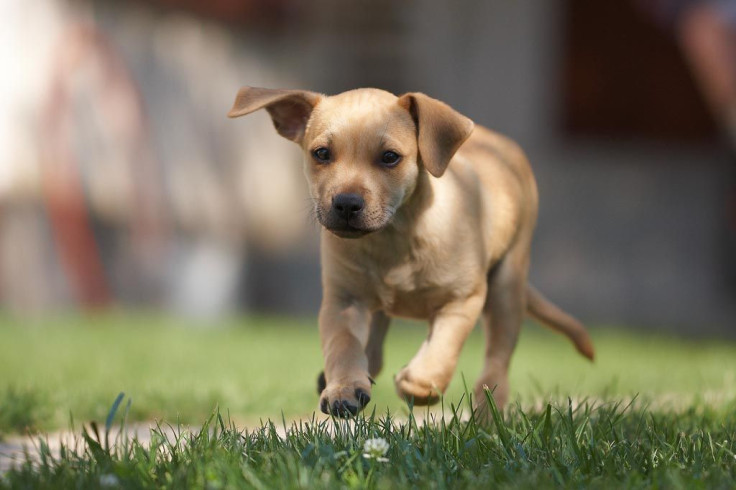A Personality Test For Dogs That Can Be Administered At Home Also Helps Advance Animal Psychology

If you’ve ever wanted to know what’s going on inside your dog’s head, look no further than Dognition.com. The site meausers your dog’s personality with 20 science-based games, giving you some insight about their brain. The information is then catalogued for a massive scientific study by Dr. Brian Hare and his team.
The study, published in PLOS One, examines whether or not the data can actually reveal dog’s personalities. The answer, to many people’s surprise, is yes. The information about how dogs think takes down the popular notion that breed determines personality and intelligence.
“The breed of dog, in general, communicates very little,” Hare told the Daily Beast.
Hare hopes to eliminate preconceived notions and stereotypes about breeds with his study, “Citizen Science as a New Tool in Dog Cognition.” The team analyzed the results of over 500 citizen scientists (users of Dognition.com), who participated by administering interactive tests to their dogs. The games involved giving your dog a command and recording how it reacts. Each pup’s unique results will place it in one of nine categories: Ace, Charmer, Socialite, Expert, Renaissance Dog, Protodog, Einstein, Maverick, or Stargazer.
The profiles of each type include info on strengths and weaknesses, and how many other dogs have fallen into the same category. For example, Ace dogs are described as “accomplished problem solvers with great communication skills,”; Mavericks are dogs with “a cheeky wolfishness and a strong independent streak,”; and Charmers tend to be “smooth operators.”
Some owners worry the tests were wrong, or that their dog “messed up,” but researchers say even imperfect results are valuable to the larger study.
“The data these dog owners are producing is quality data,” said senior researcher and co-director of Duke’s Canine Cognition Center Evan MacLean. “It matches the results we see coming out of the top research groups all over the world.”
The researchers compared Dognition.com results to those that scientists had deduced in labs, and found the results were very similar. One of the most significant findings , according to MacLean, was that most dogs, when asked to find a hidden treat, used their memory more than their sense of smell. This finding questions the concept that a dog’s sense of smell is their most valuable tool.
“Most people think dogs use their sense of smell for everything,” MacLean said. “But actually, dogs use a whole range of senses when solving a problem.”
Hare says this is just the beginning when it comes to studies of animal psychology using citizen science.
Published by Medicaldaily.com



























